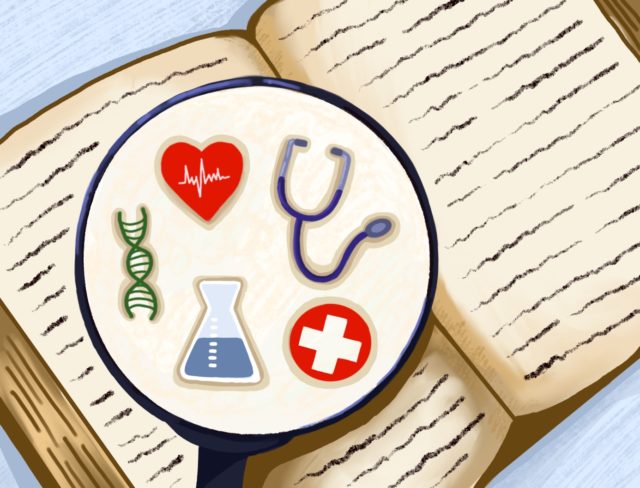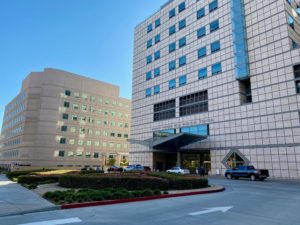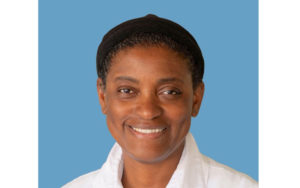A new UCLA club is aiming to start a new chapter in examining patient care.
Founded in August, (Re)Defining Health studies medical humanities by discussing texts written by medical practitioners and patients to provide a comprehensive and complex view of healthcare, said its internal director Sophia Zhao. Readings range from scientific articles from sources such as the Journal of the American Medical Association to excerpts from personal essays, said Zhao, a third-year neuroscience student.
Whitney Arnold, an assistant professor of comparative literature, said in an emailed statement that medical humanities explores human experiences within health and illness by focusing on the unique experiences of individual patients.
“Health humanities examines experiences of health and illness through various frameworks – for instance, the role of narratives in healthcare and policy, the ability of the arts to inspire insights and promote advocacy and the influence of communication practices on patients’ health outcomes,” she said in the statement.
The field of health humanities also relies on a variety of perspectives, including those experiencing illness, their caregivers and even health care policymakers, Arnold said in the statement. UCLA is planning to offer a health humanities minor soon, said Alexandra Stern, dean of humanities, in an emailed statement.
Zhao said she and president Tabitha Hiyane, an Opinion contributor for the Daily Bruin, were inspired to create the club due to a class Arnold taught that focused on this diversity of medical perspectives through literature. Literature also allows people to define health in their own ways, added Emily Sagastume, the club’s public affairs director.
“Reading is the closest you can get to being in someone else’s mind space,” Zhao said. “Looking at things in pieces from the perspective of a patient or physician is really eye-opening.”
During club meetings, members first read texts via a shared Google Drive. Board members then lead discussions that center around questions about essential themes in the readings as well as members’ related lived experiences.
In creating the club, Zhao said she and Hiyane saw how medical humanities might appeal to students looking to focus on patient-centered care. However, because the club did not officially start activities until the middle of the academic year, there were some difficulties in finding people interested in joining, Zhao said.
Sagastume, who is also a second-year microbiology, immunology and molecular genetics student, said that the club seeks to understand how ethics, medicine and humanities interact with each other.
The club features different passages and poems that students wouldn’t necessarily read in pre-medical courses, said Raymond Kallely, a third-year neuroscience student who attended one of the club’s first meetings.
“When you’re taking all those random upper div classes, you don’t necessarily get exposed to the human side,” Kallely said. “But when you’re reading the poetry, when you’re reading the books, those excerpts – you’re thinking in a different sort of way.”
Kallely said he enjoyed hearing about doctors’ experiences and discussing them in groups, adding that he believed it helped prepare him and others for careers in medicine.
“In the end of the day, they’re (doctors are) not treating conditions – they’re treating people,” he said.
Yalit Gonzalez, a third-year microbiology, immunology and molecular genetics student, added that the club has allowed her to see the human side of healthcare through a perspective that may not be typically discussed, providing her with narratives that she can think through and digest.
(Re)Defining Health has also created a blog for students to post additional thoughts from the readings or related topics, Sagastume said. She added that as the club grows, she hopes it will continue to explore doctor and patient narratives while remaining accessible for all students.
Eventually, the club hopes to extend to graduate or medical school students to further diversify the opinions it includes, Zhao said. Sagastume added that the club is also considering creating scrapbooks or journals based on readings.
Arnold added that she thinks it is wonderful to see students interested in health humanities, as well as that she believes interest in the subject will continue to grow in the future.
As the club becomes more established, Zhao said she hopes it can maintain its unique small-group atmosphere.
“By building a good foundation of members that are truly interested in this topic, we can create a space for more like-minded individuals coming into UCLA,” she said. “I really see this passion being infectious.”






Comments are closed.